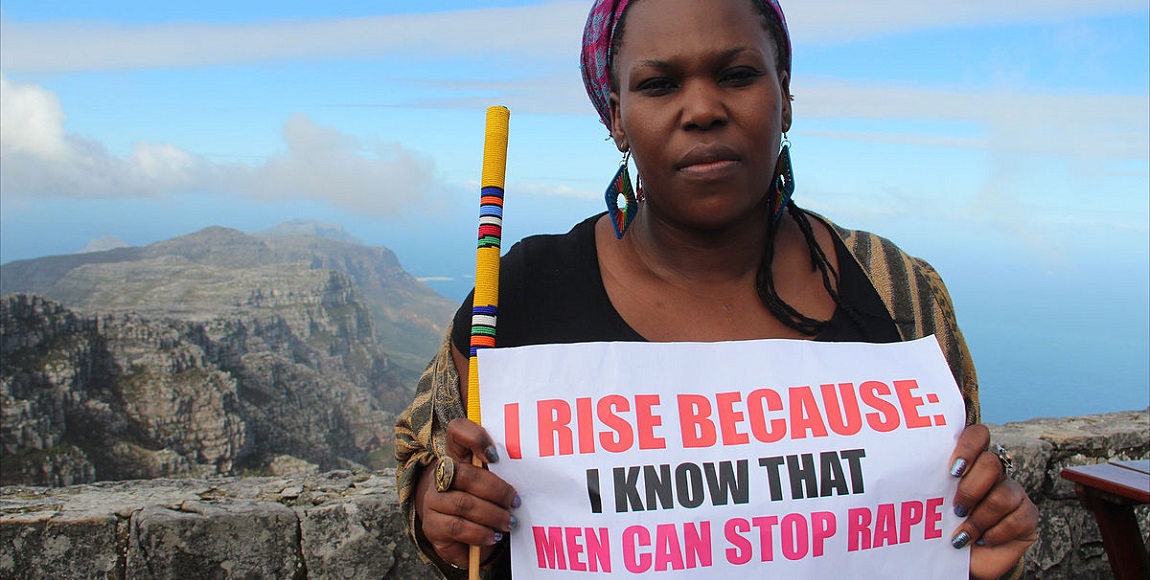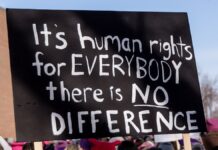Recent revelations of alleged sexual misconduct at civil organisation Equal Education (EE) by three senior male staff members remind us that organisations and movements driving social change do not guarantee the safety of women.
It’s a painful reminder that womxn are faced with daily. While a 16-year-old girl in a rural school, looks at the leadership of Equal Education with hope, that tomorrow her school will have proper infrastructure and sanitation, behind closed doors and in the corridors of the organisation, a staff member is being violated.
But such violence is not new to activist spaces, recently, women and queer people, spoke out against sexual violence perpetrated by male leaders in the Fees Must Fall movement, we saw students mobilise in their numbers demanding free decolonised education, but watched as womxn, mobilised against rape culture in their respective universities on their own.
When Rhodes University students mobilised under the RU Reference list, naming, shaming, and confronting their abusers out of frustration that the institution was not dealing with rape decisively they were accused of character assassinations and trying to ruin the education of these men.
In 2016, womxn in the Economic Freedom Fighters Students Command stood up against sexual and other forms of violence in their own activist space. Gender Activist and former EFFSC leader, Naledi Chirwa said at the time “If you ever thought black men will show up for you when you get violated, think again. They’ll rather disappear until “it” simmers down.”
We can even go further back into our history, womxn who went into exile to fight in the military wing of both the Pan Africanist Congress (PAC) and African National Congress (ANC), have come out telling tales of rape in those camps. Sibongile Khumalo, a former Azanian People’s Liberation Army soldier, told the Mail and Guardian, the then PAC President Potlako Leballo raped her and other teen girls in the 1970s.
These womxn have been accused of attempting to erase the legacies of leaders who were involved in the liberation struggle against apartheid.
The fact that our society is often led by men who mobilise against inequalities and unjust systems yet use their powerful and influential positions in such important spaces to sexually violate women shows us the womxn’s rights issues remain at the bottom.
What Chirwa was highlighting above, is the fact that men in activist spaces can fight against white supremacy but fail to show up when it’s time to fight against sexual violence.
Womxn are often told by male activists to calm down and fight against racial and class inequalities before confronting the source of their own subjugation which is patriarchy.
We have done a lot of work, especially in the wake of #MeToo and #MenAreTrash campaigns in creating awareness, more womxn are coming forward however society needs to meet us halfway and ensure there is zero tolerance against gender-based violence by allowing feminism to shape the policies that uphold our spaces and institutions together.
Feminism calls on men to keep their hands off women until consent is granted, it teaches society that men need to face consequences for their actions and confront their toxic masculinity and that violence against women is not perpetuated by monsters from outer space, but by men of all class, race and gender who have for centuries been given freedom to act in ways that violate us in many different ways.
The mess at EE reminds us that a womxn can be cat called and harassed one her way to work in a T-shirt written “Equal Education for All”, brushes it off and rushes to work, where she is re-traumatised and violated by another man chanting the same words on her T-shirt, and eventually goes home to be harassed and violated by another man, this is the reality we face.









